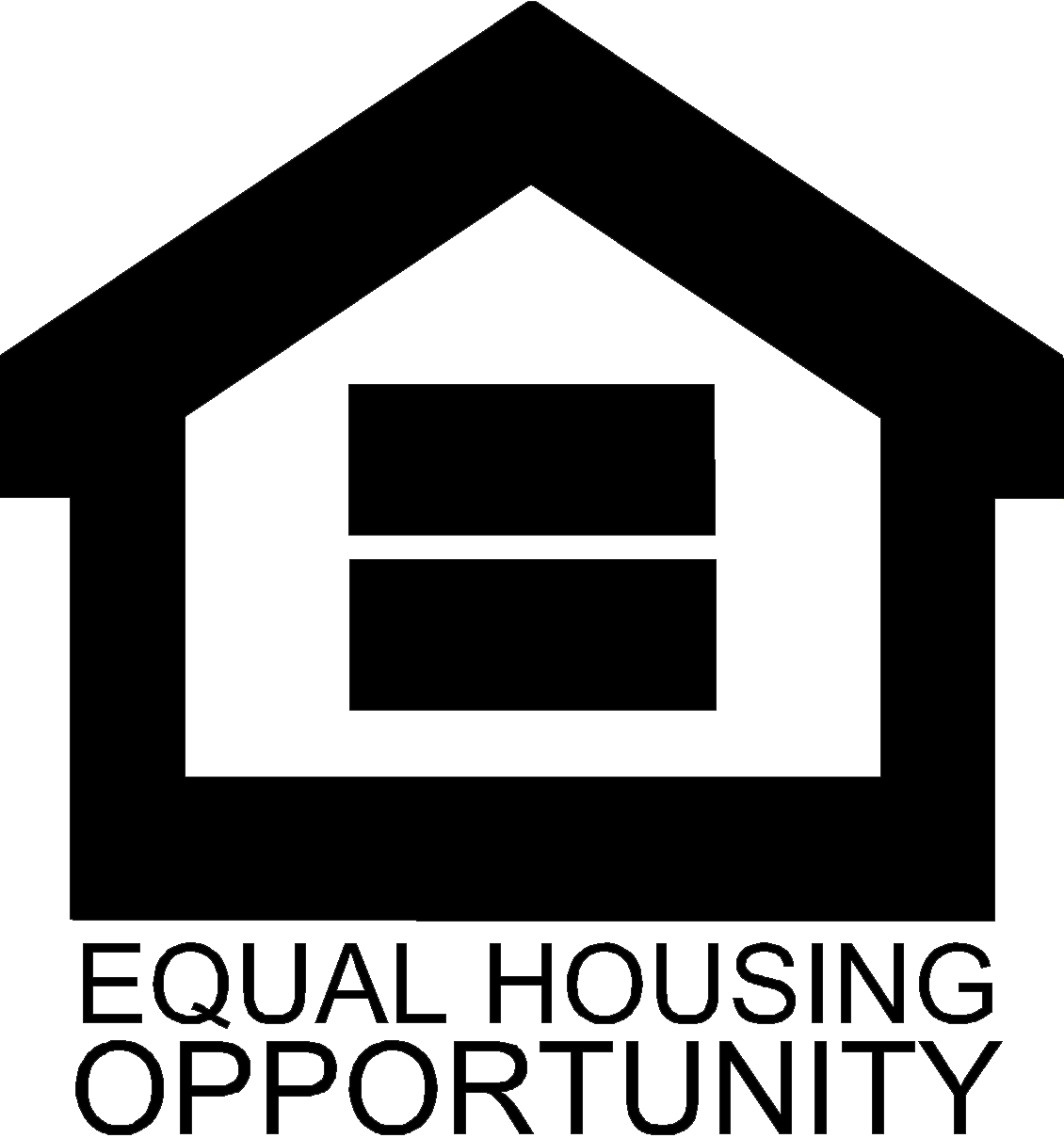Proper preparation is key if you are planning to buy a house in 2018. Start with these steps in order to get your finances in shape.
Check Your Credit Score
Probably the most important step you need to undertake is to do a credit check up. If you have not checked your credit report in the past year, you definitely want to take a look now. You are entitled to receive three free credit reports a year, one from each of the main credit-reporting bureaus, on AnnualCreditReport.com. Make sure that all of the loans and accounts listed under your name actually belong to you and that the account balances are accurate. It can take several months to have an error removed from your credit report. So the earlier you look, the more time you give yourself to fix the problem before you start applying for loans.
A credit score is a numerical representation of your credit report. FICO scores range from 300 to 850, and the higher your score, the better. You will get the best interest rate on a loan if your score is 740 and above and a higher credit score should net you a lower mortgage rate.
Pay your bills on time, since payment history is the primary factor that goes into a person’s FICO score. It also helps to bring down the balances on credit cards to below 30% of the available credit.
Make sure you have enough credit. Conventional loans require at least three credit tradelines -any combination of credit cards, student loans, car loans – that have been active within the past 12-24 months. FHA loans require two tradelines. It is fine to have more, but if you have fewer, you will find it difficult to obtain a mortgage.
Practice Fiscal Restraint
Resist the urge to take credit card companies up on the latest low interest deals. Opening new credit may hurt your chances of getting a mortgage, or at least of getting the best rate on a loan. By opening additional lines you can change the change your credit score and it could jeopardize your shot at getting the best interest rates on your loan.
Tighten your spending in the months before you apply for the mortgage so that you can have as much cash available as possible for your purchase. Do not purchase big ticket items in the months leading up to the start of your home search. Do not overspend on during the Holiday shopping season and squelch your impulse purchases.
Build Up Your Cash Reserves
You will need money for a down payment, closing costs, lender application fess, and a host of other costs. Beef up your cash reserves over the next several months. Instead of asking for gifts for the holidays suggest cash that can be put toward your new home. Getting a year end bonus? Earmark that for your home purchase too, along with any tax refund that you might be getting.
Get any cash that you may have on hand into your bank account at least 3 months prior to applying for a mortgage. Lenders will want a paper trail for any money that is deposited into your accounts that is not derived from your normal means of income. Unexpected cash appearing in accounts during your application process can be a loan killer.
If you are expecting any gifts that will be used for your home purchase get them into your accounts ahead of time. This will eliminate the need to go through the documentation process required for gifts.
Research Mortgage Lenders
Start researching mortgage lenders. Ask friends and family for any lender references that they may be able to give. If you have a bank you have been with for years try them as well. Your real estate can also be a source of lenders for you. Compare lenders against each other. Look at what they offer, costs, points, and how long to close. Also inquire to their availability to you during the process and whether or not they will attend your closing.
You should prepare your financial documents that you will need several months in advance of the actual purchase. This is a list of the documentation that you will to apply for a mortgage:
– Tax returns for the past two years
– W-2 forms for the past two years
– Paycheck stubs from the past few months
– Proof of mortgage or rent payments for the past year
– An accounting of all of your debts, including credit cards, student loans, auto loans, and alimony
– An accounting of all your assets, including bank statements, auto titles, real estate, and any investment accounts
Wallingford PA Real Estate – Wallingford, PA 19086


